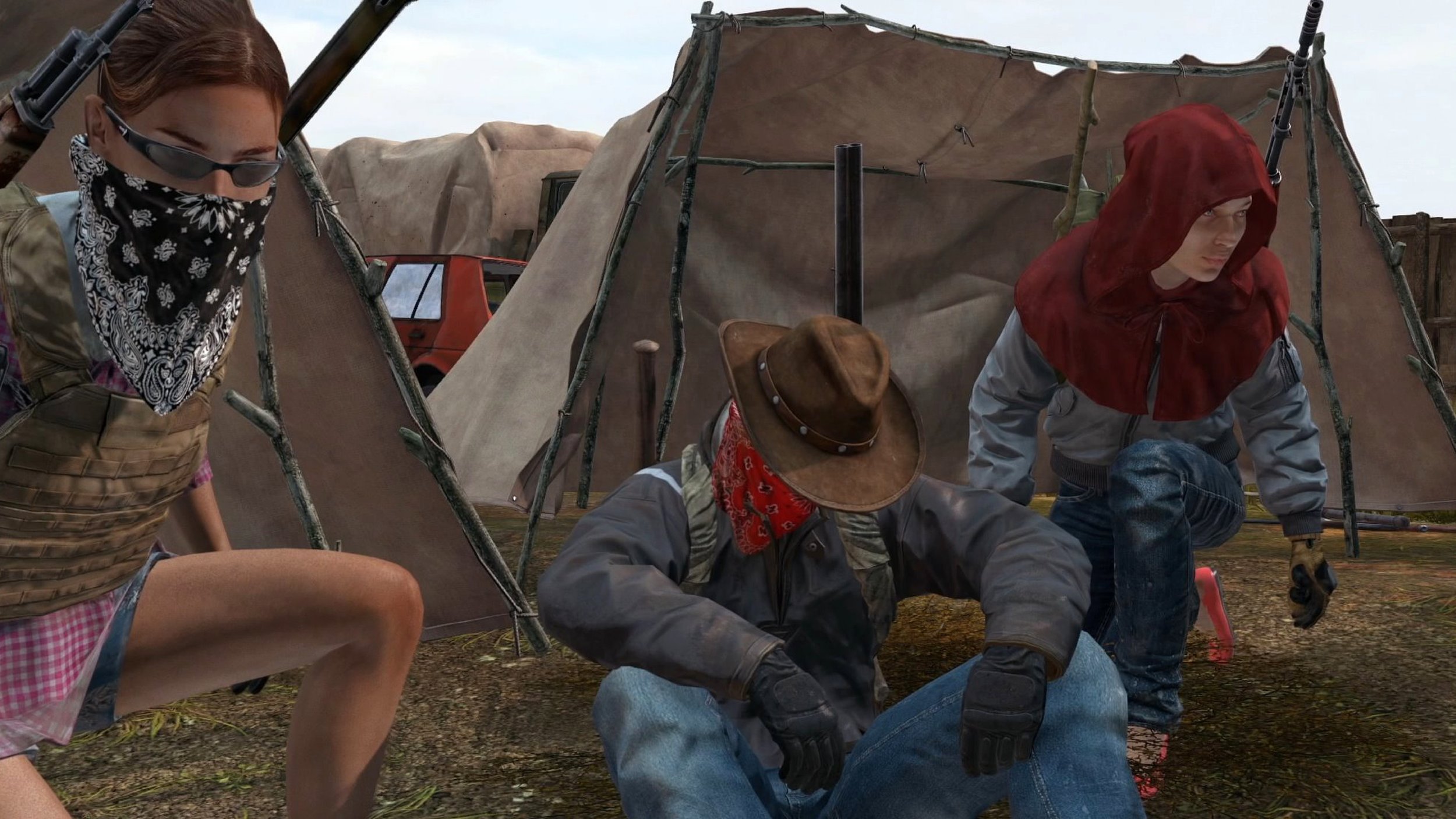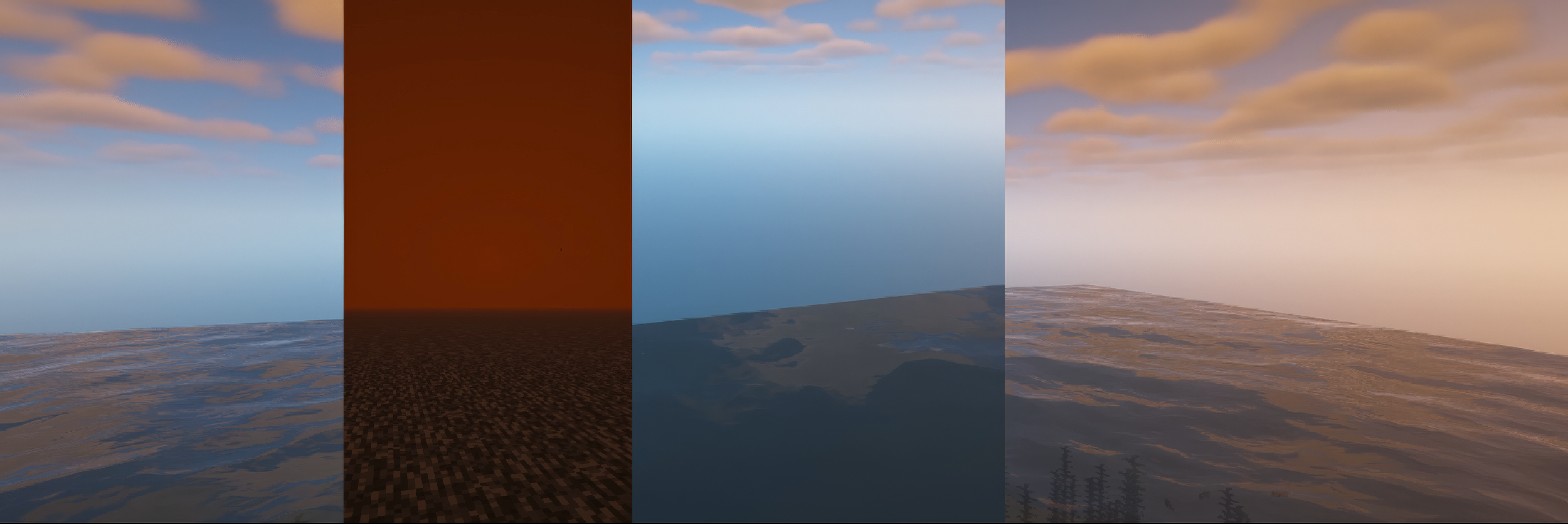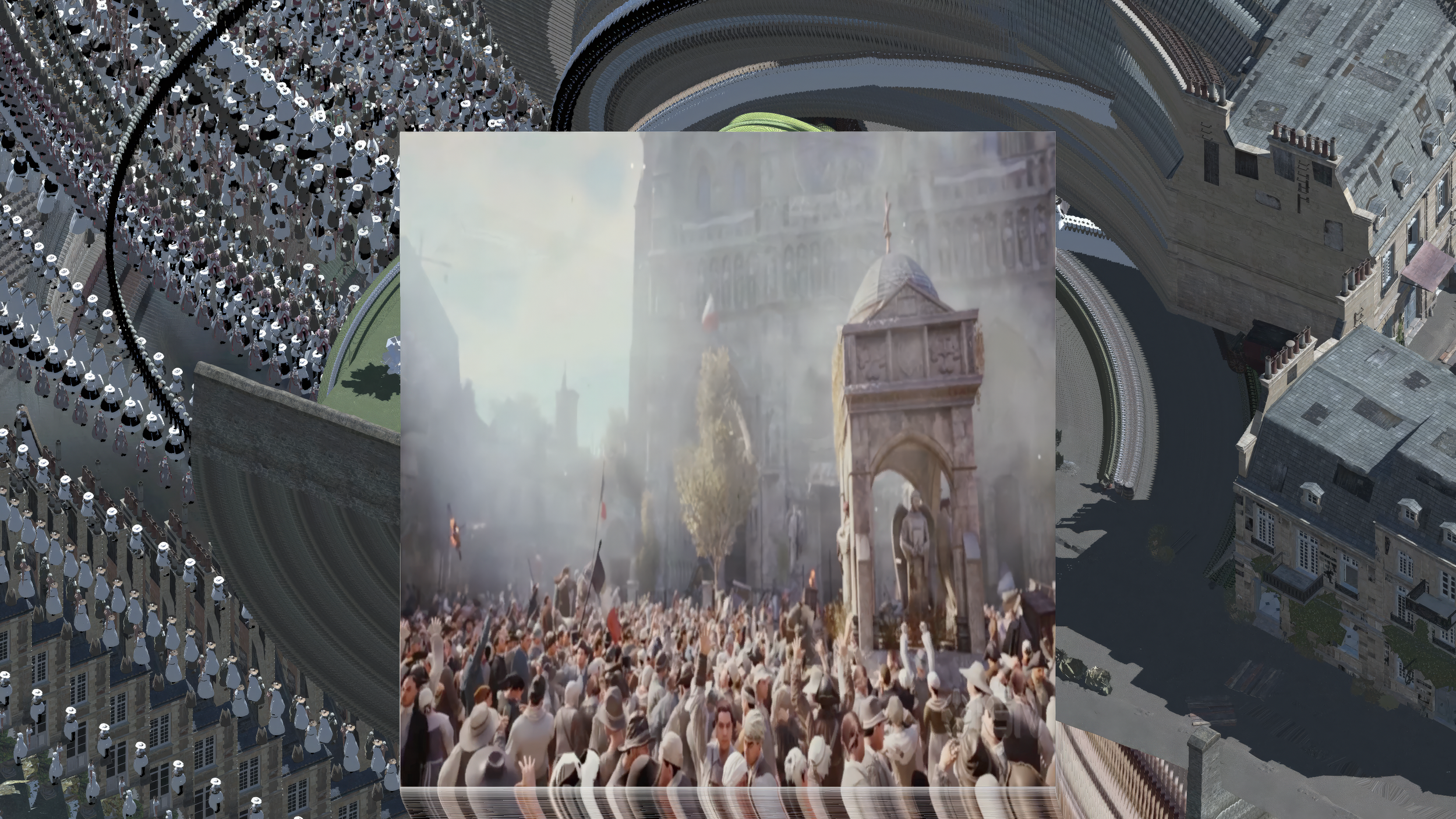The Milan Machinima Festival MMXXIV is excited to unveil the 2024 Game Video Essay series, featuring a curated selection of international machinima that boldly departs from traditional narrative structures. Join us on Thursday, March 14, at Sala dei 146, IULM 6, for screenings of four groundbreaking works that push the boundaries of the documentary form, including two insightful presentations by the creators themselves.
Game video essay
March 14 2024, 14:00 - 17:00
IULM 6, IULM University
Via Carlo Bo 7, 20143 Milano
curated by Matteo Bittanti
Artists and filmmakers: Cat Bluemke and Jonathan Carroll, Guilhem Causse, Ekiem Barbier, and Quentin L'helgoualc’h, Gina Hara, Yemen Liu.
Introduced in 2019, Game Video Essay showcases innovative machinima that transcends traditional narrative structures to explore a wide range of topics, from cultural and philosophical to environmental and abstract, using video games as an expressive canvas. These works diverge from conventional storytelling in machinima, instead offering a rich analysis and commentary on diverse issues through the unique perspective of video games. By repurposing game visuals and mechanics, these essays invite viewers to engage deeply with subjects that challenge and expand the dialogue beyond gaming into a broader cultural and societal context.
The Milan Machinima Festival is proud to present these game video essays as a testament to the evolving potential of games and video essays alike, fostering a deeper appreciation for this dynamic form of expression. The featured works in this year’s program explore themes of environmental change, artificial intelligence, virtual identity, and the role of machinima in contemporary art.
Yewen Liu’s Irreversible documents Greenpeace Poland’s innovative project to recreate the Bialowieża Primeval Forest within the virtual world of Minecraft. The forest, which has faced numerous challenges such as deforestation and ecological shifts, serves as a poignant symbol of the ongoing struggle against irreversible environmental changes. Liu’s machinima captures this virtual reforestation effort, juxtaposing it against the backdrop of the forest’s real-world struggles.
In Crowd Control, Canadian artists Cat Bluemke and Jonathan Carroll examine the intersection of crowd simulation technology and the growing surveillance industry, focusing on the representation of the French Revolutionary mob in Assassin’s Creed Unity. By reflecting on depictions of crowds in art history and contemporary video game crowd simulations, the work questions how these technologies might shape the future of collective action and social unrest in an era of artificial intelligence.
Guilhem Causse, Ekiem Barbier, and Quentin L’helgoualc’h’s full-length documentary Knit’s Island delves into the online game DayZ, exploring a 250 square km virtual space where players enact a survivalist fiction. Using avatars, the filmmakers interact with the game’s community, blending in-game experiences with personal stories. The film investigates the dawn of virtual life integration and its implications for our world, offering insights into online interactions, virtual friendships, and the boundaries between digital and real-life identities.
Gina Hara’s MachinimaBodiesSpaceRhythm is a pioneering episodic series that showcases the voices of women and non-binary creators within the machinima sphere. Situated at the intersection of video games, cinema, and digital art, the series illuminates machinima’s unique, hybrid nature. Hara not only highlights machinima’s artistic potential but also prompts reflection on digital identities and the medium’s role in contemporary art.
These four works demonstrate the power of game video essays to explore complex themes and ideas, leveraging the unique affordances of video games to create compelling and thought-provoking experiences. By blurring the lines between gaming, cinema, and digital art, these essays challenge our understanding of what is possible within the machinima medium and invite us to consider the profound ways in which video games can shape our perceptions of the world around us.
As we navigate an increasingly digital landscape, the Game Video Essay platform serves as a vital platform for artists and filmmakers to interrogate the role of technology in our lives and to imagine new possibilities for creative expression. Through their innovative use of video game engines and their willingness to push the boundaries of traditional storytelling, these creators are charting new territories in the world of machinima and beyond.
Read more about the 7th edition of the Milan Machinima Festival






